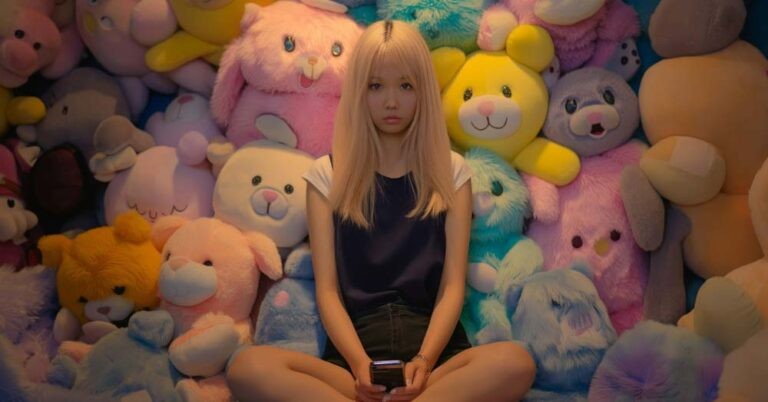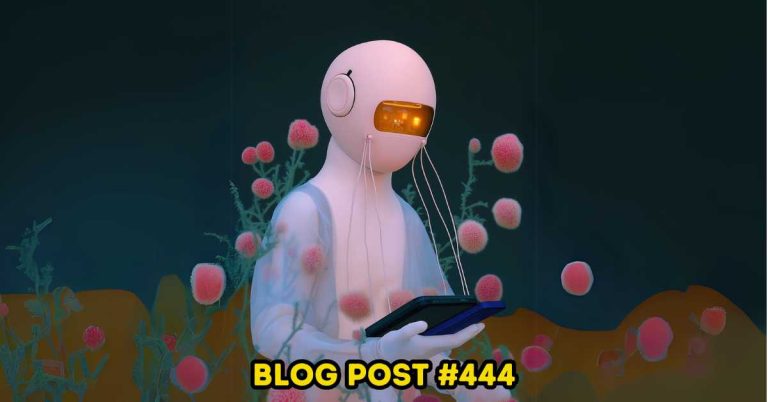
Before, I didn’t know that happiness was important, let alone that it is the #1 goal in life. This realization didn’t come to me overnight, as it took me some time until I knew for a fact that happiness is indeed the #1 goal in life, it is the reason behind everything we do, so we should optimize 100% our time, energy, and focus towards this goal.
As soon as I realized this, I embarked on a personal quest to discover how to be happier. However, I soon noticed that most people didn’t have an answer. Paradoxically, many believed that happiness was an elusive and transient state, suggesting that it is impossible to be happy and, if by chance we did achieve happiness, it was impossible to sustain it indefinitely.
So, on one hand, we all want to be happy, but on the other hand, is it impossible to achieve true happiness? I had to get to the bottom of this, and today we will break down this happiness paradox.
Happiness is a Formula
For me, happiness is a formula. It is a fixed equation. We can’t add or subtract anything significant to it, and adhering to this formula precisely will make you happy. Therefore, when someone comes to my practice and they are unhappy, I always search for which part of this formula they are following and not following.
Often, unhappy people aren’t even violating one part of that formula, but several parts at the same time. They often don’t even know what they are doing wrong, let alone how to fix it. The interesting part is actually figuring out what exactly needs fixing, which is a major issue for most people as they go in circles trying, but failing, to be happy.
To answer this question, I start by asking a person a series of questions that gives me an idea of where the problem might be.
Case Study #1: Love Isn’t the #1 Goal
In the case of one of my clients, I asked: “What’s your #1 goal in life?” This person replied: “Love.”
But love can hurt, right? People do all sorts of negative things in the name of love, and sometimes (often) they suffer a lot because of it. Certainly, the issue can also be with the fact that many people don’t even know how to love properly.
So, yes, generally speaking, love is a positive emotion, it is a great goal, and it positively correlates with happiness. However, happiness seems to be a higher goal than love, as happiness leads to happiness, while love doesn’t necessarily lead to happiness.
In other words, placing love as the #1 goal means that there is a lot of room for hurt, negativity, and unhappiness. But if we shift our focus to happiness, then it can lead to the same level of love, but with a much higher chance of achieving a positive outcome.
Case Study #2: Materialism Isn’t Happiness
After my experience with the first client, I asked a different client the same question:
“What’s your #1 goal in life?”
Their answer was that they wanted to experience as much as possible: to meet interesting people, go to amazing places, and live their life to the fullest.
Materialism is the desire to accumulate objects, money, experiences, and other things. But this desire is always infinite and can lead to disappointment. No one can possess everything all the time, and even if they can obtain something for a moment, it is likely to be lost the next.
Therefore, materialism is a means to an end, which is happiness. But if we are happy, we often don’t even care for these materialistic items that we believe will make us happy. For instance, we may want the latest smartphone, thinking it would bring us joy, but ten years ago nobody was less happy for not having a smartphone.
Additionally, even if you get the newest phone, you could easily drop it and break it the next moment, or it may become outdated after 1-3 years, proving that materialism can only bring temporary happiness.
Happiness is the #1 Goal According to Definition of Happiness
It follows, then, that if we want something but don’t have it, that is why we are unhappy. This is consistent with the definition of happiness.
Unless we prioritize happiness as our #1 goal, we will end up in a never-ending cycle of constantly seeking something and believing it will bring us joy, but we are just exchanging one goal for another.
So it is important to remember to make happiness our primary goal, and not any materialistic items, as true, lasting happiness cannot be found through them.














